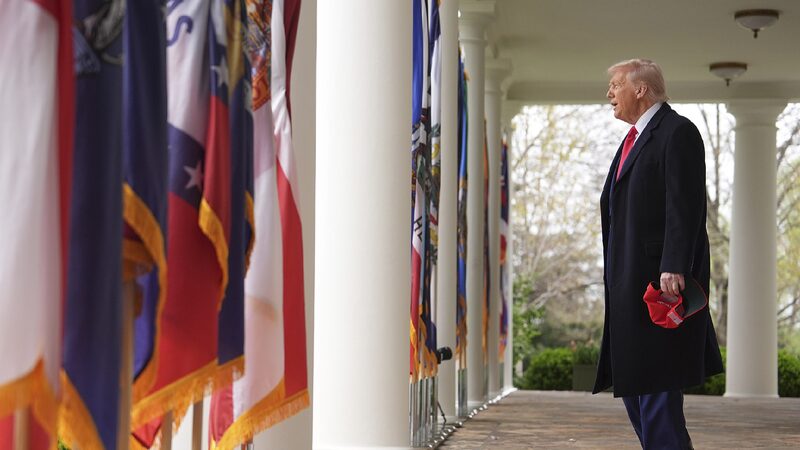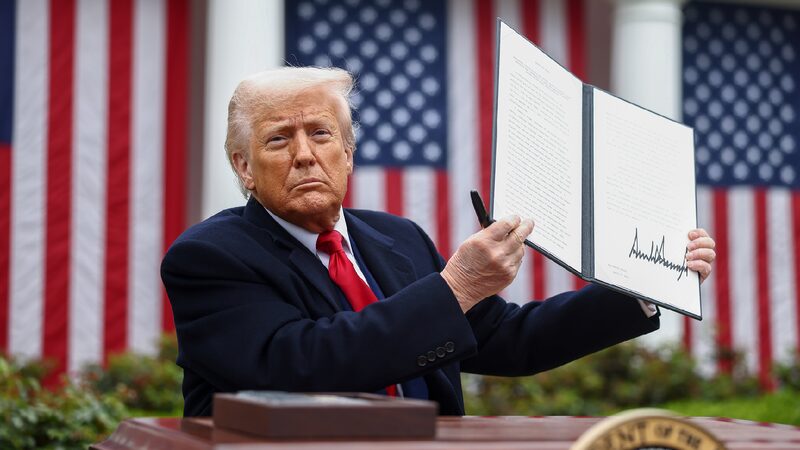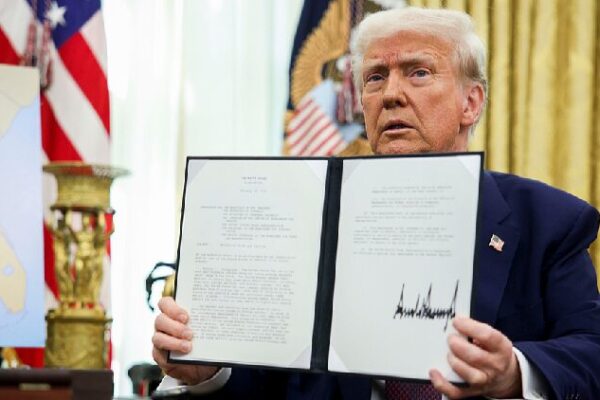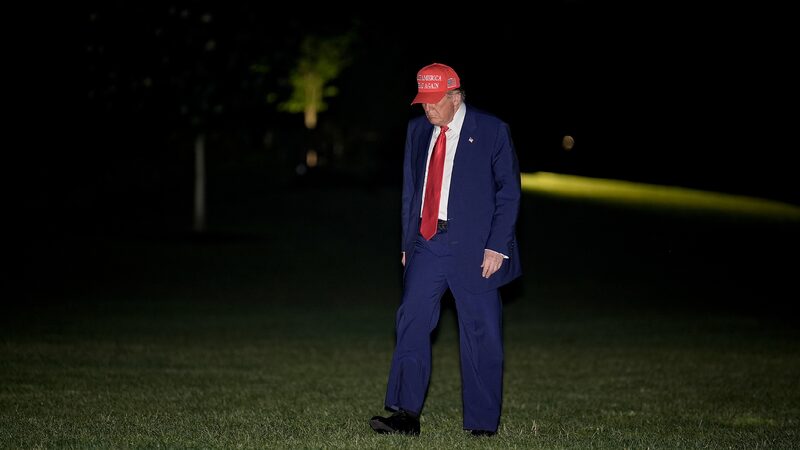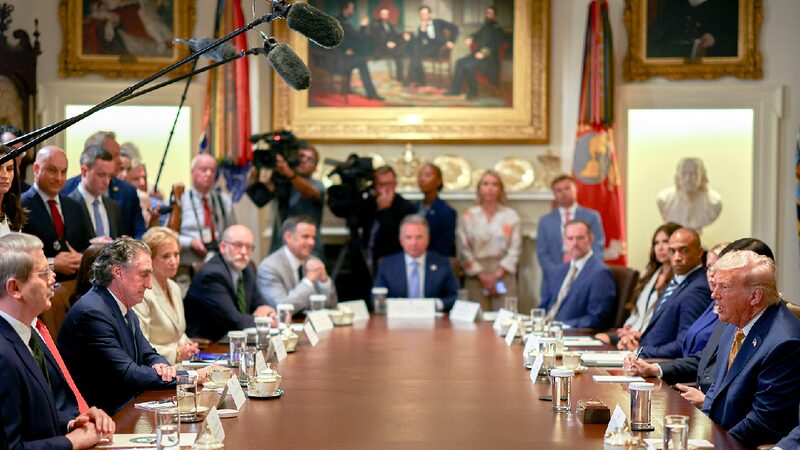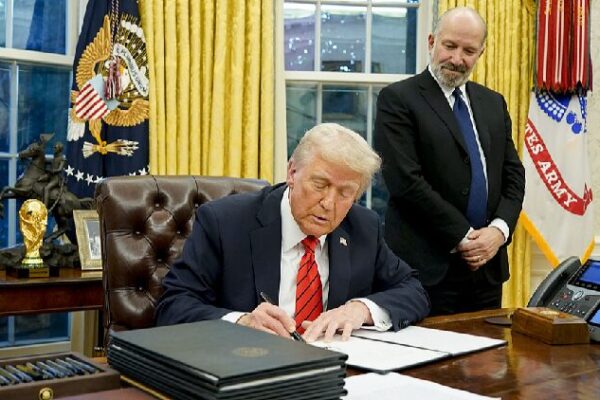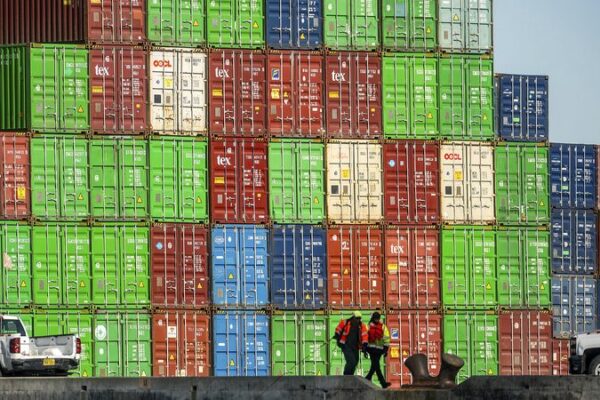When U.S. President Donald Trump signed an executive order imposing new “reciprocal tariffs” on Wednesday, experts quickly voiced concerns that the move might isolate the United States from the global community.
The executive order introduces a minimum additional tariff of 10% on all imports, with higher rates targeting specific trading partners. This policy is set to take effect on April 5, with increased tariffs on countries and regions with which the U.S. has significant trade deficits starting on April 9.
“The international trade system, which the U.S. claims is unfair, was actually established under its own leadership,” said Wei Nanzhi, a research fellow at the Chinese Academy of Social Sciences’ Institute of American Studies. “The U.S. has long been a major beneficiary of this system.”
Wei pointed out that while the dominance of the U.S. dollar poses challenges for American industrial workers, imposing reciprocal tariffs is unlikely to spur a manufacturing revival in the short term.
During his announcement in the White House Rose Garden, President Trump presented a chart detailing the new tariff rates for various countries and regions. The chart indicated that countries like China would face tariffs up to 34%, while others like Cambodia could see rates as high as 49%.
Trump argued that these measures are in response to “non-monetary barriers” imposed on the U.S. by its trading partners, citing issues like currency manipulation and trade barriers.
In response, China’s Ministry of Commerce expressed firm opposition to the tariffs on Thursday, vowing to take countermeasures to protect its rights and interests. The ministry described the U.S. move as unilateral bullying that undermines legitimate rights and harms global economic growth and stability.
“There’s no winner in a trade war, and protectionism offers no way out,” the ministry stated.
Experts caution that the tariffs could have unintended consequences. “These tariffs will raise prices for American consumers and businesses,” said Cui Fan, a professor at the University of International Business and Economics. “They will increase the burden on citizens and operating costs for many companies.”
Cui added that in today’s interconnected global economy, such tariffs are unlikely to bring manufacturing jobs back to the U.S. “Policy instability is a major factor inhibiting trade,” he noted. “The global trade situation in the near future doesn’t look promising.”
Reference(s):
cgtn.com
